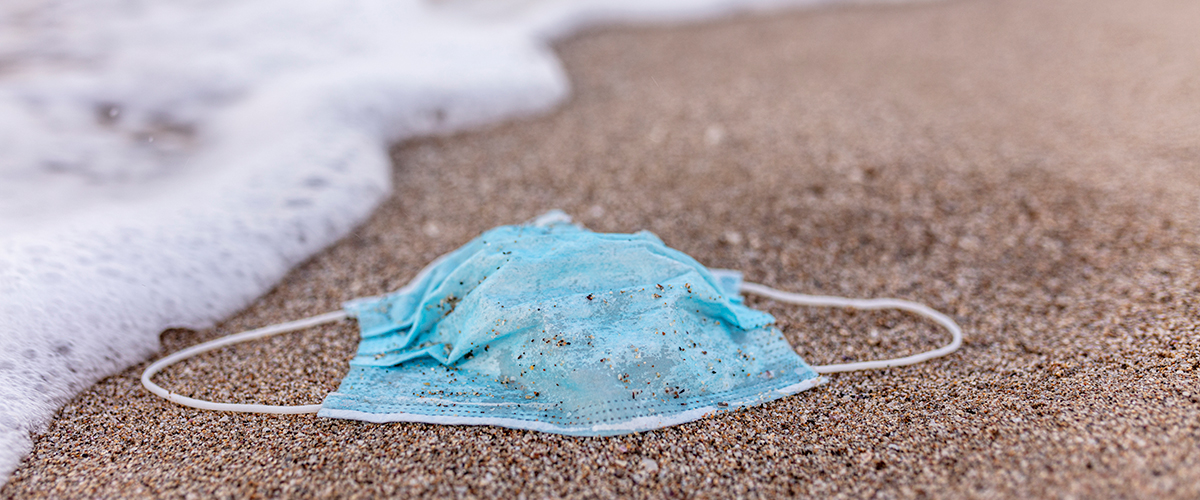
Although facemasks are now being used as a positive form of COVID-19 prevention, there is one factor that could pose as a great threat. The environmental impact that arises from the disposing of masks can lead to serious risks for animals. Much like the recommendations to cut up plastic six-pack rings before throwing them away, many animal rights activist groups are now also emphasizing the importance of cutting the elastic bands on masks. More recent widespread reports of various animals getting tangled in these bands highlights just how significant this issue is.
The Royal Society for the Prevention of Cruelty to Animals (RSPCA) is a charity operating in England and Wales that promotes animal welfare. Recently, they reported more than 900 incidents in which animals were caught in litter such as elastic bands, plastic bottles, or tin cans. This pollution is not only a concern for animals but also contributes to the rise of plastic being injected into bodies of water.
The RSPCA’s chief executive, Chris Sherwood, stated, “Now that face masks are the norm, and may be for some time to come, this message is more important than ever as thousands of these masks are being thrown away every day. We’re concerned discarded face masks could become a significant hazard, particularly to wild animals and birds.” Every individual, including those in the healthcare field that are constantly using disposable masks, should be aware of this monumental issue.
Adding this one simple step before disposing of masks takes little to no time and has such a positive environmental impact. Whether that is through cutting the elastic bands or utilizing reusable masks, the task is easy and essential. As huge consumers of masks, healthcare professionals across the country can take this into account and play their part to protect the wildlife at risk whenever possible.

